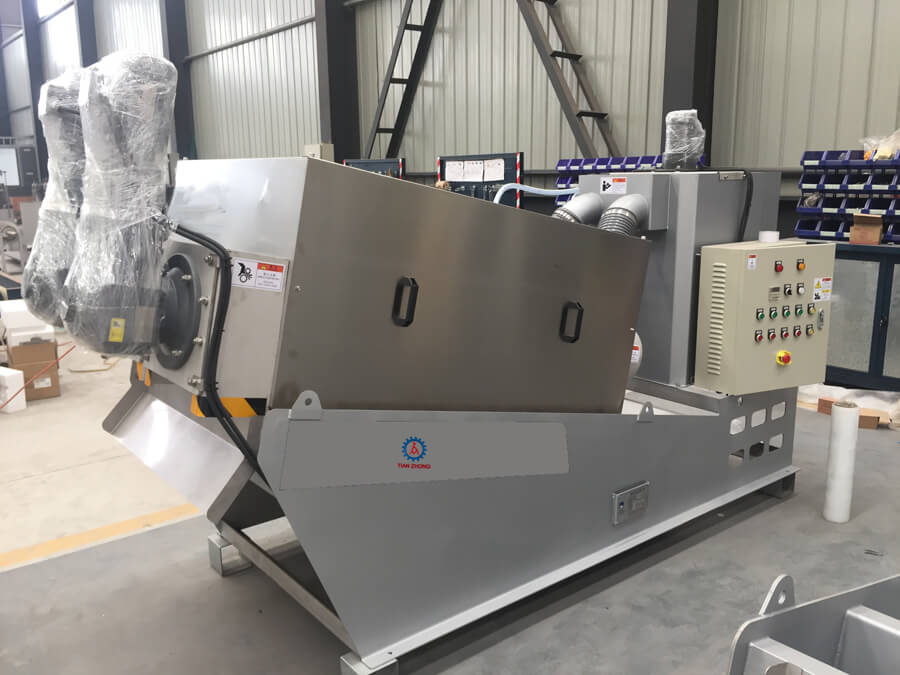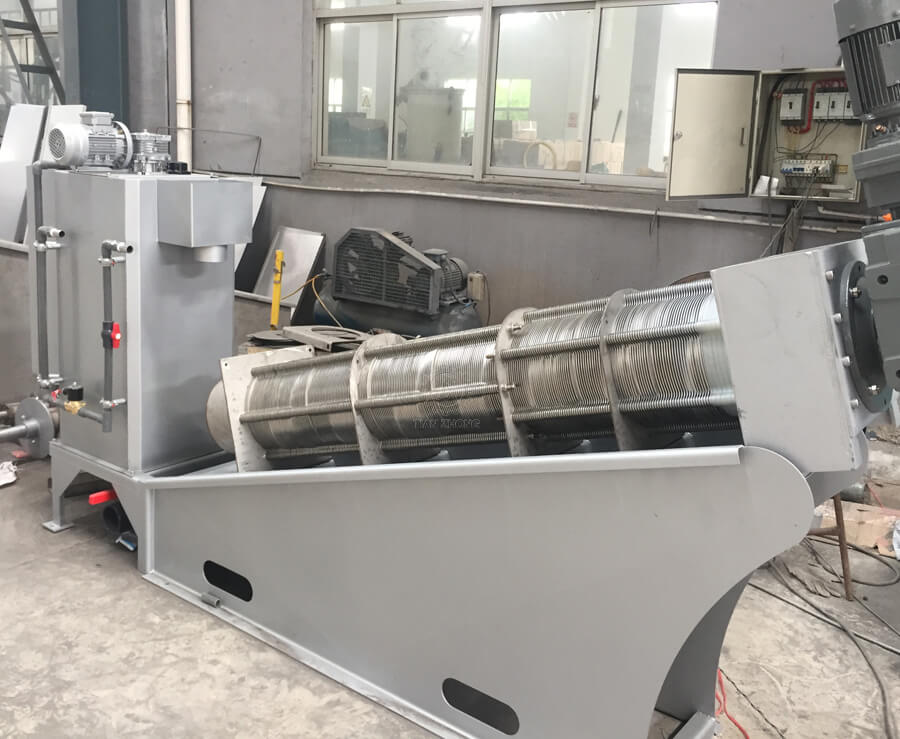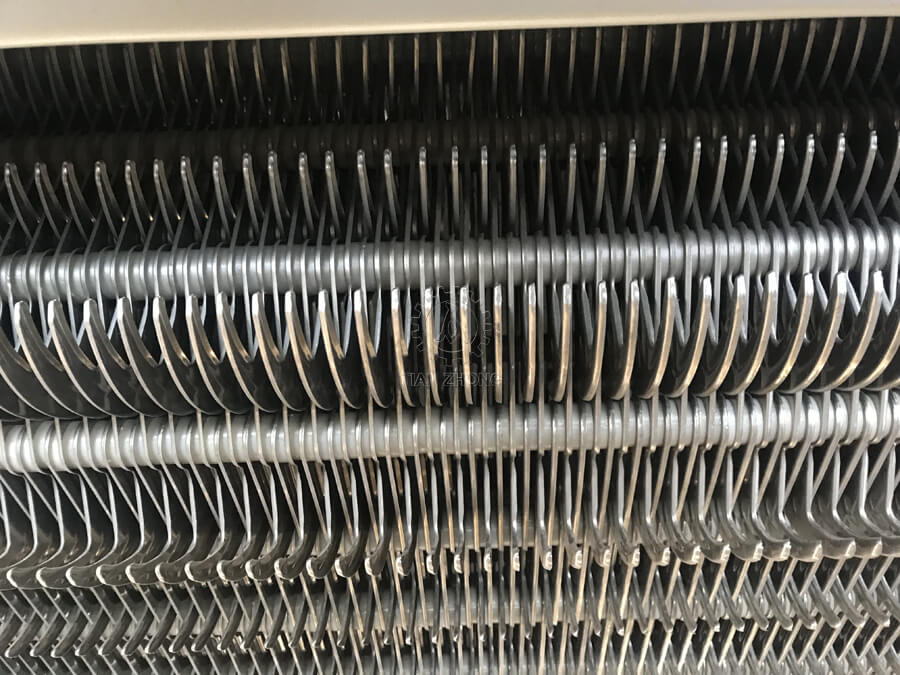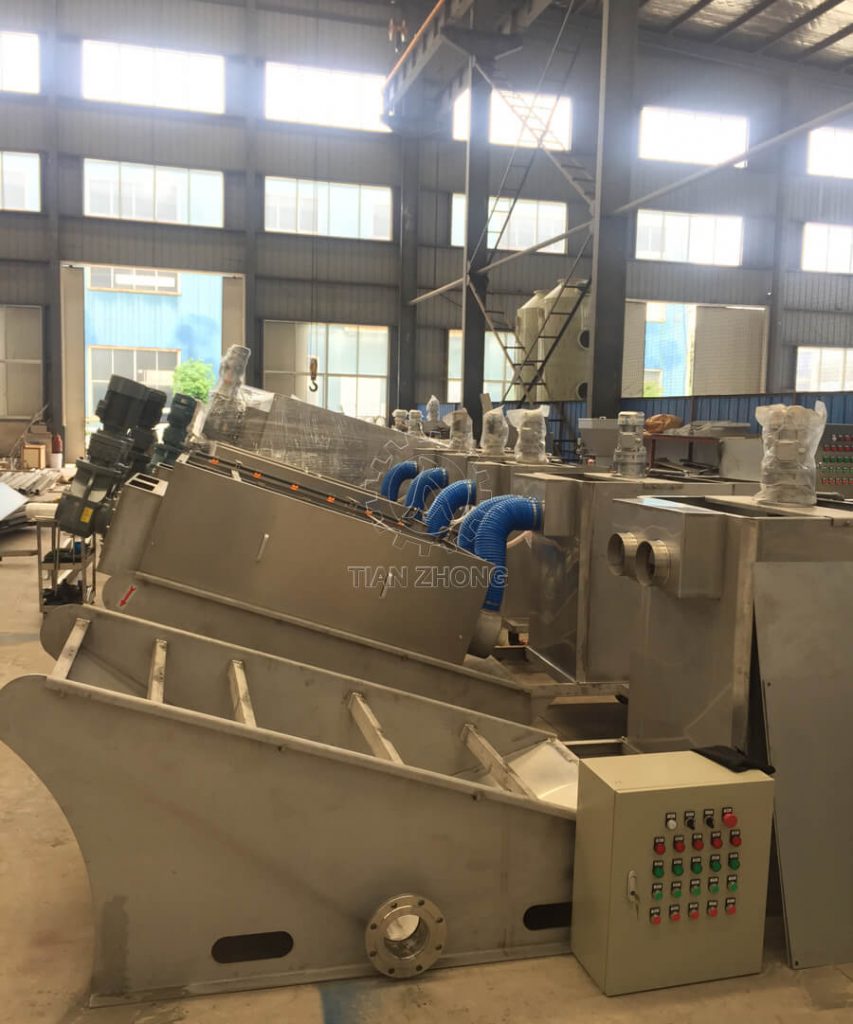In the realm of modern industrial processes, efficient waste management and resource utilization are paramount. You may have come across the term “sludge dewatering machine.” But what exactly is sludge dewatering, and why is it so crucial in various industries?

Sludge dewatering is a fundamental process within wastewater treatment and various industrial applications that involve the separation of liquids and solids. Sludge, a byproduct of wastewater treatment, industrial processes, and even certain agricultural activities, typically contains a mixture of water and solids. This semi-liquid mixture is not only bulky but also poses challenges for disposal and transportation. Here’s where sludge dewatering comes into play.

Sludge dewatering involves the removal of a significant portion of the water content from the sludge, resulting in a drier and more manageable material. The primary aim is to reduce the volume of sludge, making it easier to handle, transport, and dispose of. By reducing the moisture content, the weight of the sludge is also significantly decreased, which can lead to cost savings in terms of transportation and disposal fees. Furthermore, dewatered sludge is often more suitable for incineration or composting, contributing to a more environmentally friendly approach to waste management.
At the heart of the sludge dewatering process lies the sludge dewatering machine. This sophisticated piece of equipment utilizes various mechanical, chemical, or biological methods to separate the water from the solids. The machine operates by applying pressure to the sludge, forcing the water to be expelled through filtration mechanisms, leaving behind dewatered sludge cake.

1. Wastewater Treatment Plants: Municipal and industrial wastewater treatment facilities generate substantial amounts of sludge. Sludge dewatering machines help these plants minimize waste volume, comply with environmental regulations, and manage their waste streams more sustainably.
2. Food and Beverage Industry: Food processing generates organic-rich sludge. Dewatering machines aid in reducing disposal costs and can potentially recover organic matter for conversion into biogas or fertilizers.

3. Pulp and Paper Industry: Sludge is a byproduct of paper production processes. Dewatering machines assist in managing this waste, potentially enabling the recovery of fibers or fillers for reuse.
The significance of sludge dewatering machines transcends mere waste management. By efficiently removing excess water from sludge, these machines play a pivotal role in maximizing resource utilization, optimizing storage capacities, and reducing the environmental impact associated with sludge disposal. Industries ranging from municipal wastewater treatment plants to food processing and mining benefit from the implementation of sludge dewatering machines.
Furui Machinery Co.,Ltd is a top screw press dewatering machine manufacturer.
If you want to know more details, welcome to leave a message.
Call Us/WhatsApp
+86 193 3712 3736Email Us
inquiry03@furuimachinery.comOffice Address
No.78 Puhui RD, Jinshui District, Zhengzhou, China